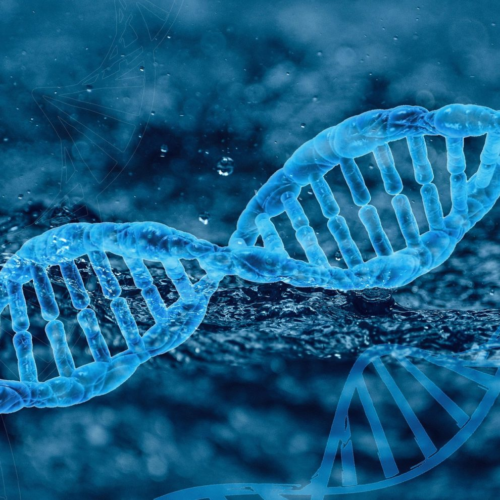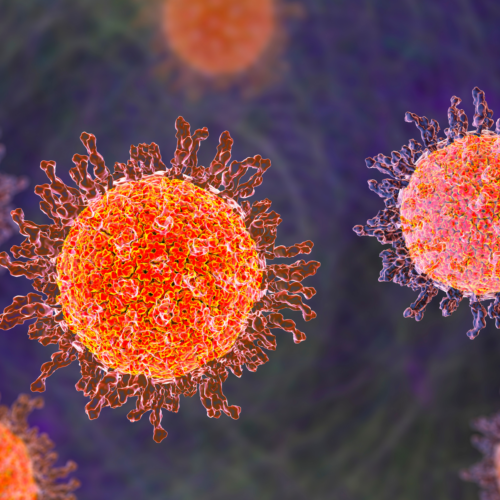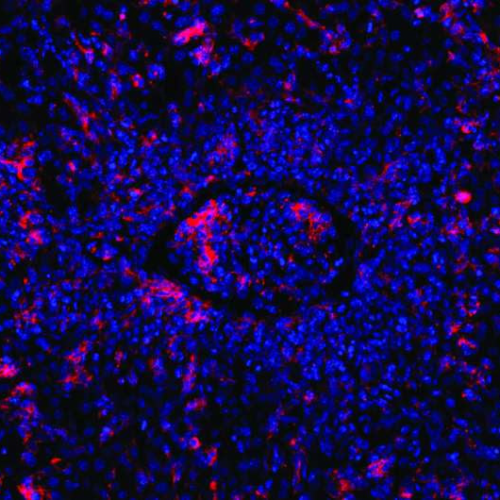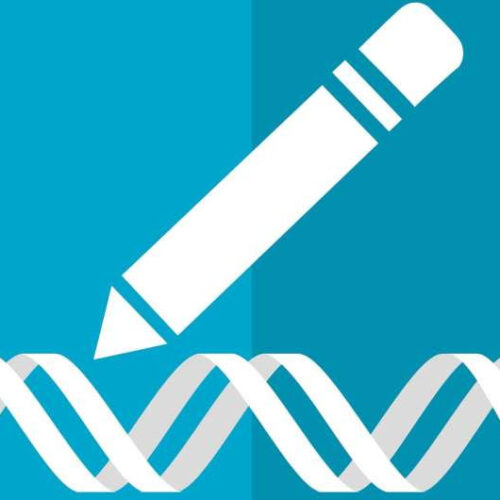Escaping the Endosome: BEND Lipids Improve LNP mRNA Delivery and Gene Editing Posted Today Every time a shuttle docks with the International Space Station (ISS), a delicate dance unfolds between the shuttle’s docking system and its counterpart on the station. Thanks to international standards, these mechanisms are universally compatible, ensuring astronauts and cargo can safely and...
Tag: <span>Gene editing</span>
The Future of Advanced Gene Editing Technology
Posted Today DNA – artistic impression. Image credit: Sangharsh Lohakare via Unsplash, free license Gene editing tools have sparked big discussions about whether humanity is on the brink of something radically transformative. Laboratory breakthroughs over the last decade have turned formerly wild-sounding ideas into tangible possibilities. CRISPR, for example, has become a well-known acronym in the...
Beyond CRISPR: seekRNA delivers a new pathway for accurate gene editing
SCIENCE & TECHNOLOGY NEWS Patented method developed in the laboratory of Dr Sandro Ataide promises to accelerate the potential of genetic engineering already shown by CRISPR gene-editing technology. DNA – illustrative photo. Image credit: Pixabay (Free Pixabay license) SeekRNA a ‘real game-changer’Scientists at the University of Sydney have developed a gene-editing tool with greater accuracy...
Gene editing breakthrough could soon cure herpes for good
(© DOC RABE Media – stock.adobe.com)HEALTH & MEDICAL NEWS by Chris Melore MAY 14, 2024 SEATTLE — A revolutionary new treatment may forever get rid of the painful and embarrassing blisters that come from a herpes flare-up. The herpes viruses that cause either cold sores around the mouth or blisters near the genitals stick around...
Gene editing precisely repairs immune cells
by Max Delbrück Center for Molecular Medicine Mutated T cells are unable to kill B cells (red) induced by the Epstein-Barr virus. This causes other immune cells to flow into the area of infection, thereby blocking a blood vessel (center). Credit: Elijah D. Lowenstein and Xun Li, K. Rajewsky Lab, Max Delbrück CenterSome hereditary genetic defects...
Gene editing offers hope for people with hereditary disorder
by University of Auckland Credit: Pixabay/CC0 Public DomainA group of patients with a hereditary disorder have had their lives transformed by a single treatment of a breakthrough gene-editing therapy, according to the lead researcher of a trial published in the New England Journal of Medicine. The patients from New Zealand, the Netherlands and the UK have...
Gene editing helped crack a 100-year-old mystery about cancer
By Carolyn Y. JohnsonJuly 6, 2023 at 2:00 p.m. EDT Researchers using modern gene-editing tools have discovered that the intuition of scientists from more than a century ago was right: Cells with unusual numbers of chromosomes are drivers of cancer. The study, published Thursday in the journal Science, renews scientific attention on an old-fashioned idea, one that could point...
Chances of eliminating HIV infection increased by novel dual gene-editing approach
by Temple University Credit: CC0 Public Domain Gene-editing therapy aimed at two targets—HIV-1, the virus that causes AIDS, and CCR5, the co-receptor that helps the virus get into cells—can effectively eliminate HIV infection, new research from the Lewis Katz School of Medicine at Temple University and the University of Nebraska Medical Center (UNMC) shows. The study, published online...
Special cell-penetrating peptides turn the PAGE for next-gen gene editing
By Paul McClure April 30, 2023 Researchers used virus-based protein fragments called peptides to guide CRISPR/Cas molecules into cells Depositphotos Researchers have developed a highly efficient new gene-editing method that uses virus-based protein fragments. The method could be used to level up existing cell and gene therapies used to treat cancer and other diseases. Using CRISPR...
New nanoparticles can perform gene-editing in the lungs
MASSACHUSETTS INSTITUTE OF TECHNOLOGY CAMBRIDGE, MA — Engineers at MIT and the University of Massachusetts Medical School have designed a new type of nanoparticle that can be administered to the lungs, where it can deliver messenger RNA encoding useful proteins. With further development, these particles could offer an inhalable treatment for cystic fibrosis and other...





